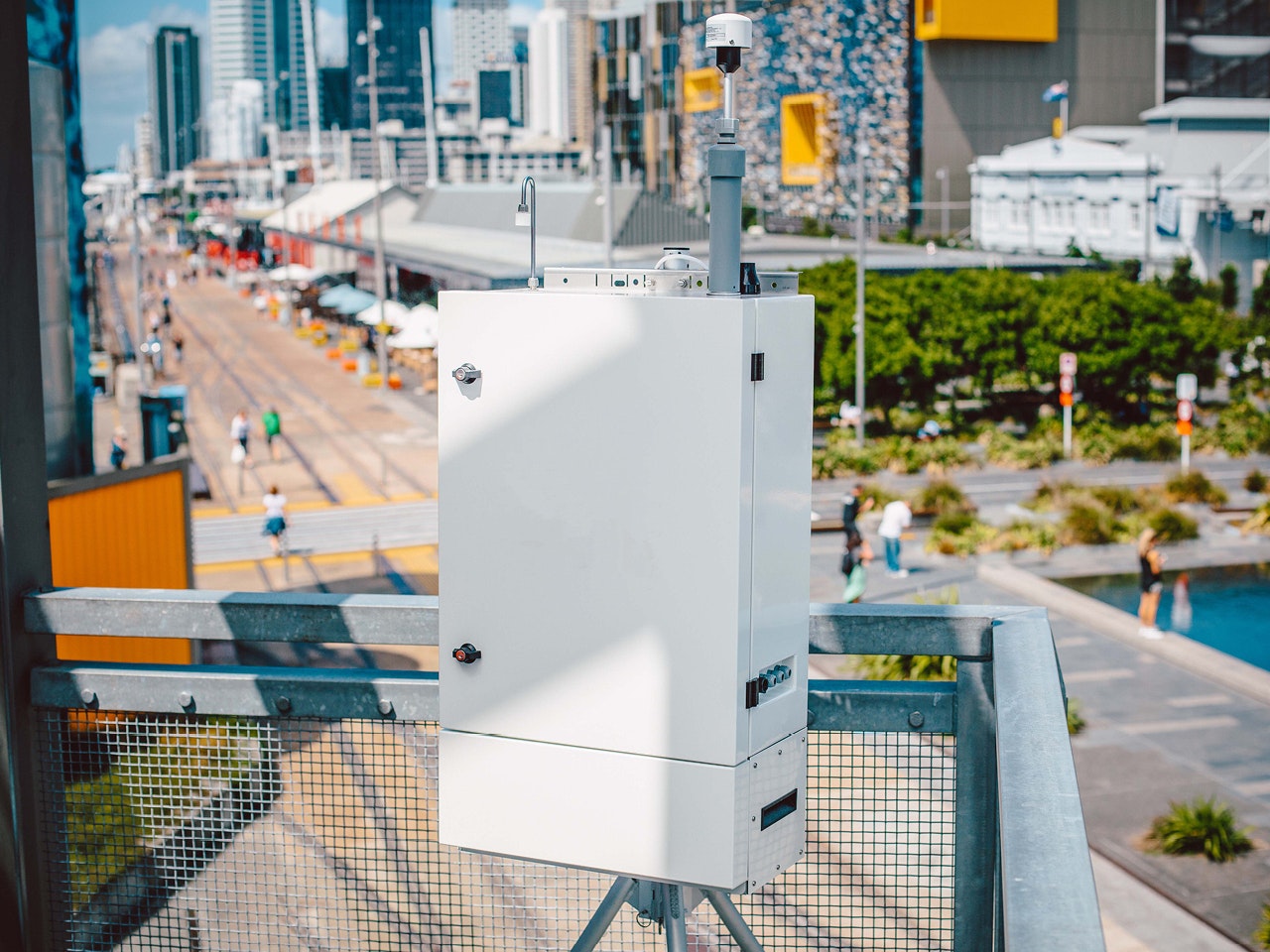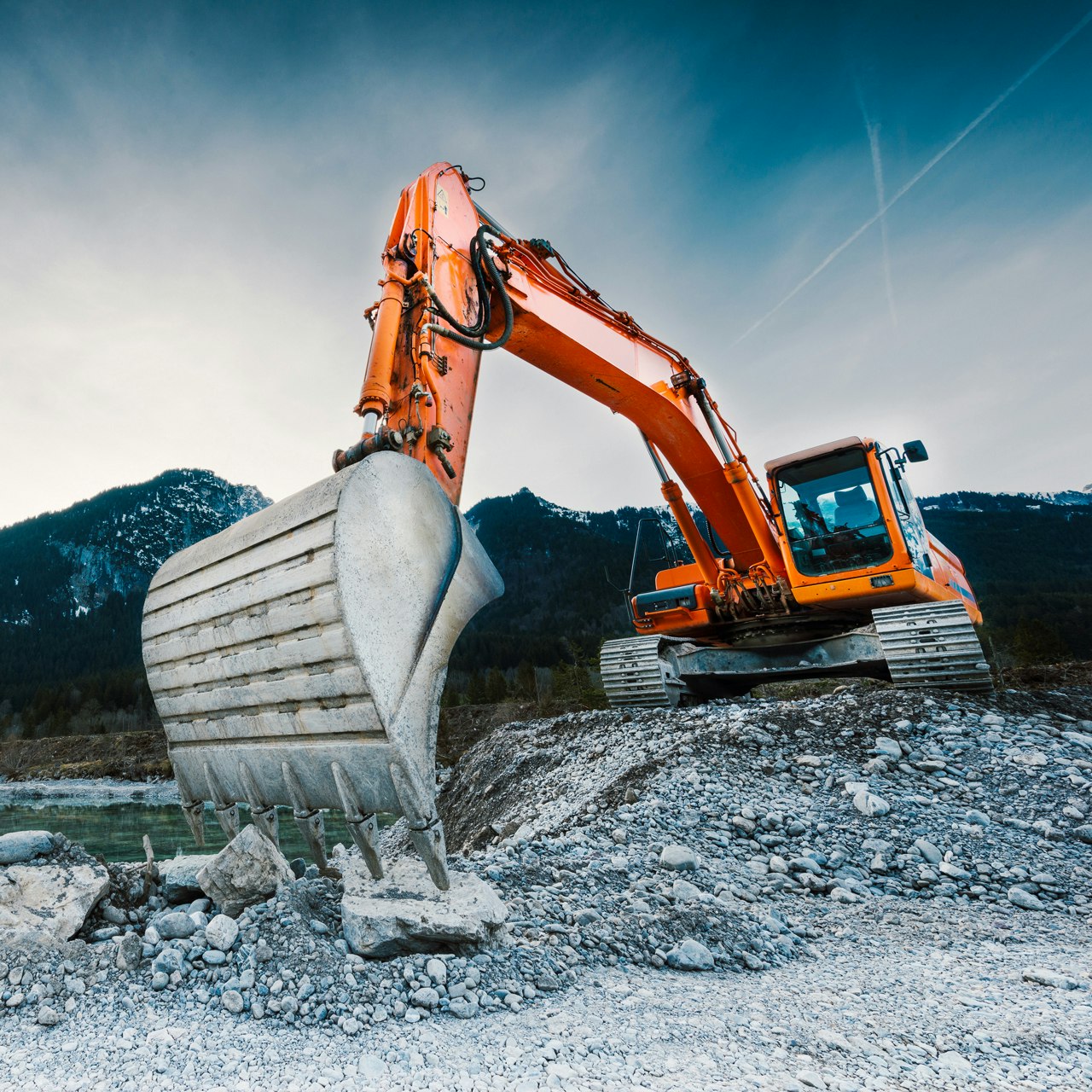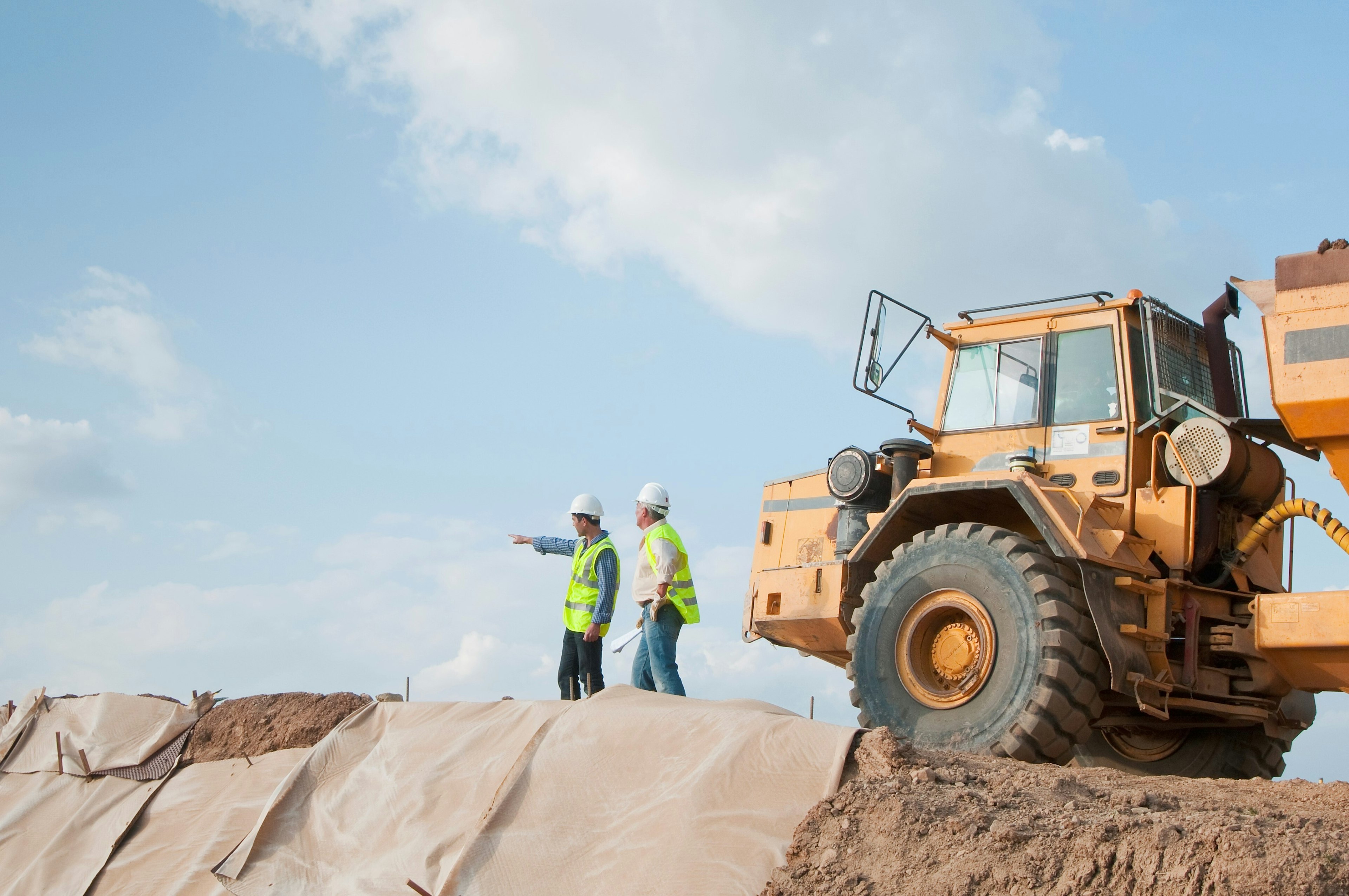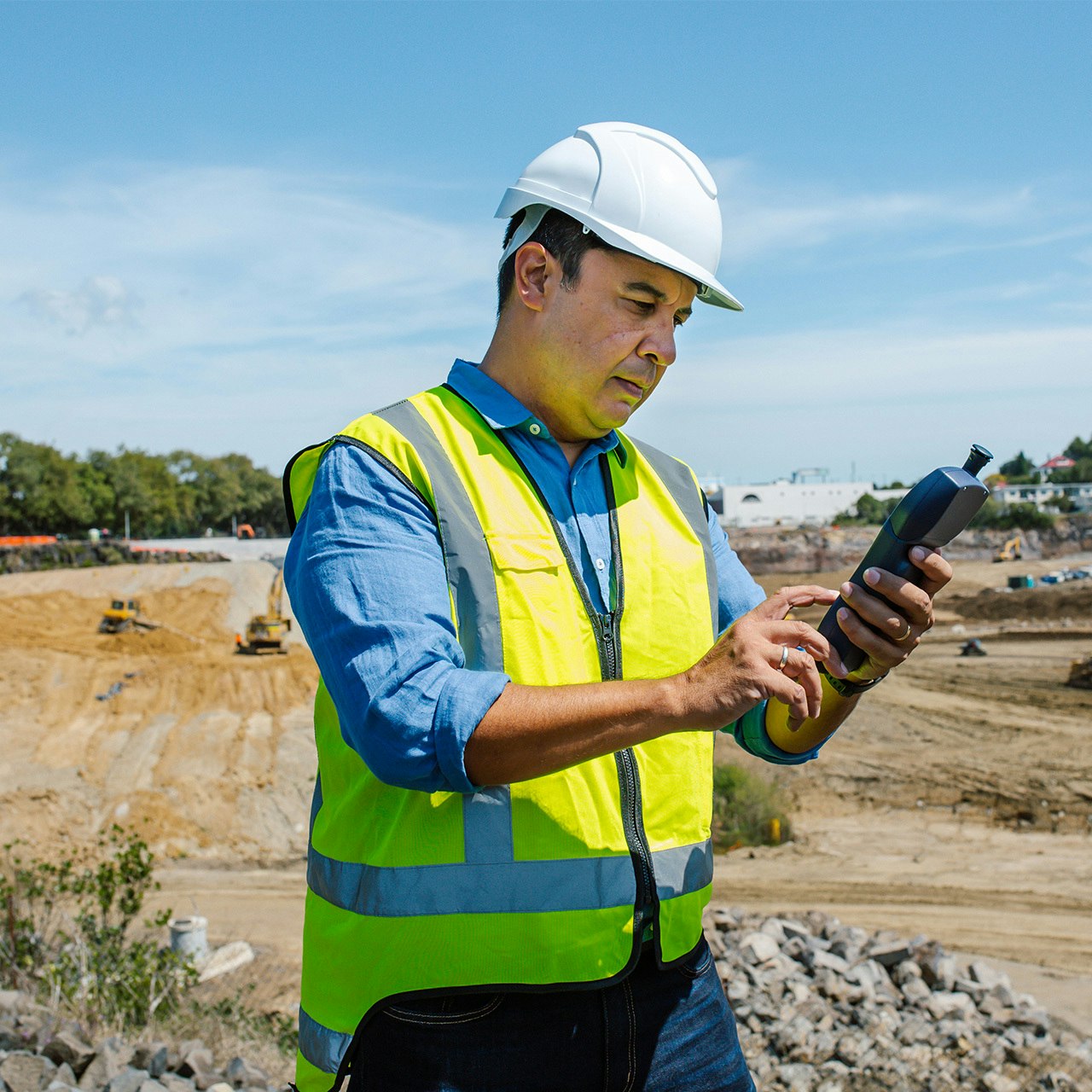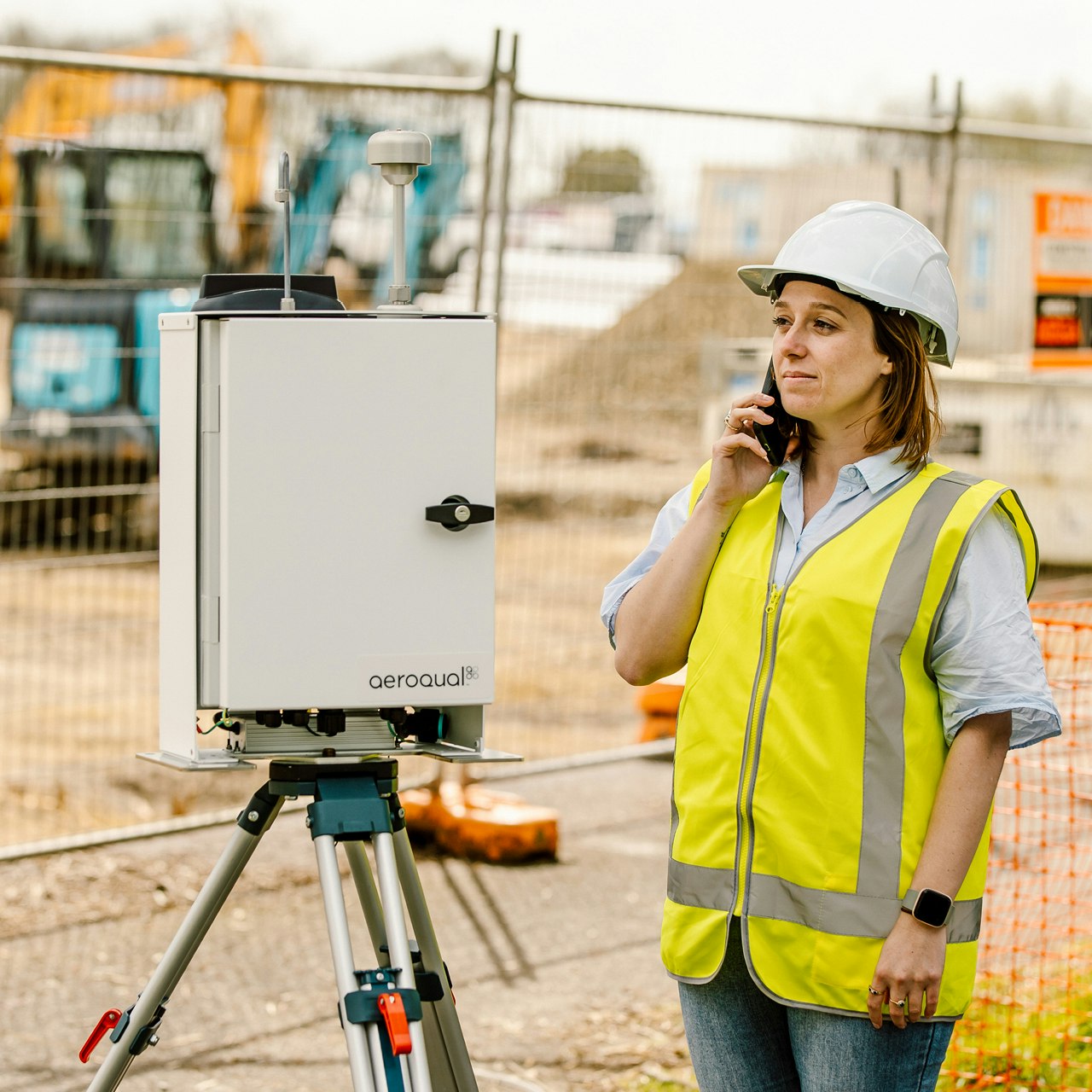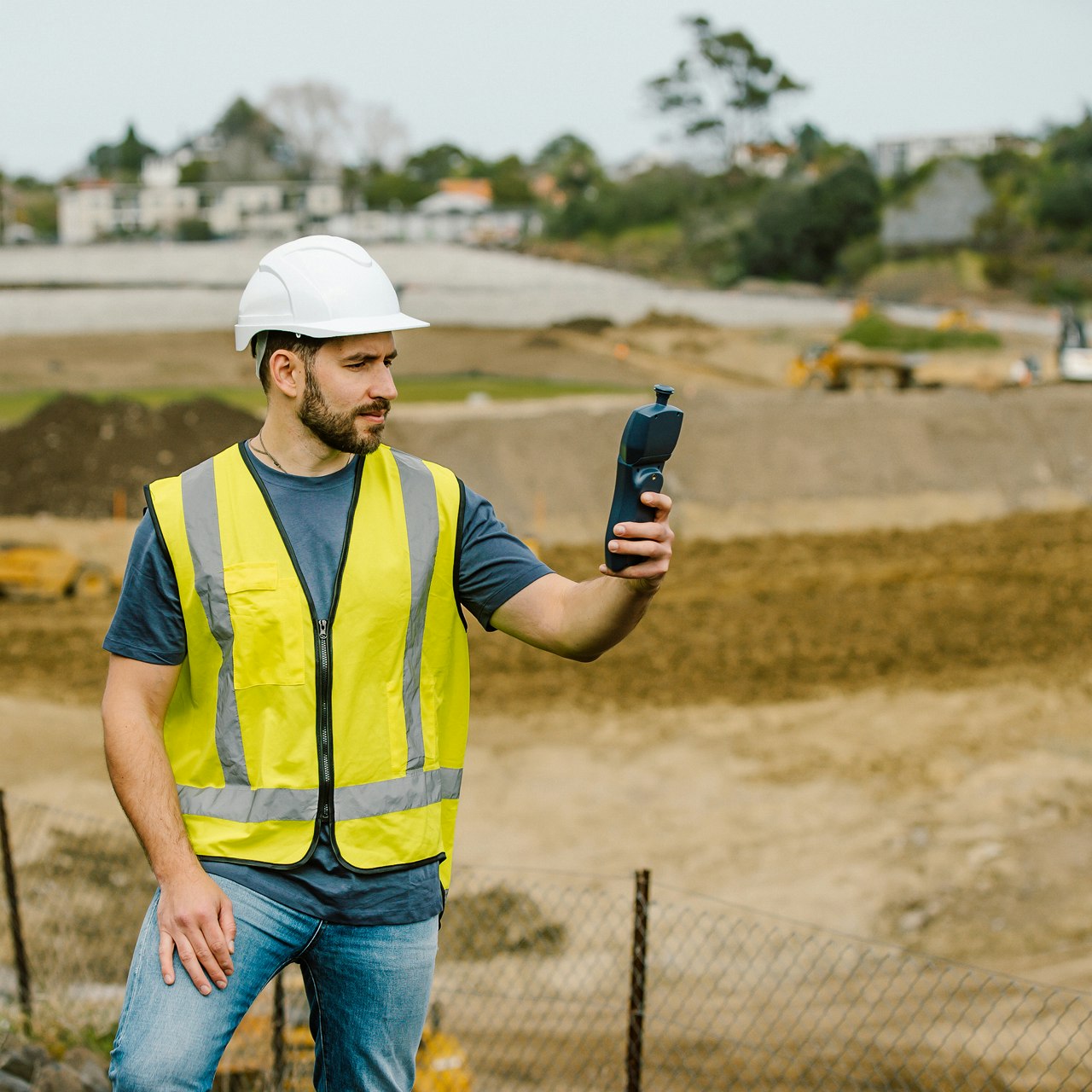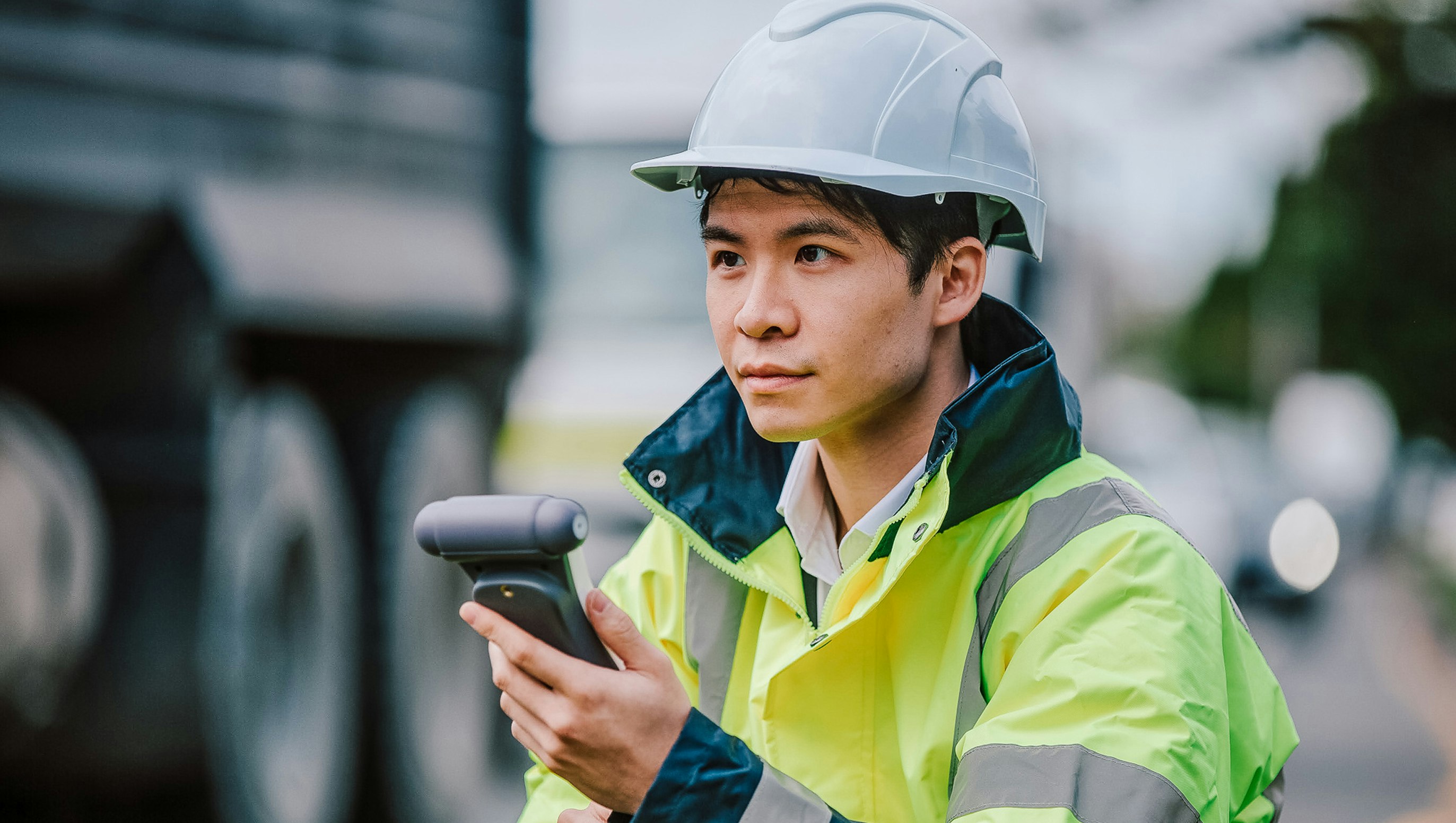Solutions
Air Pollution Monitoring in Schools
Educate students and protect children, teachers, parents, and the local community from the harmful effects of poor-quality air with a real-time monitoring solution.
Air pollution and children's health
Air pollution is a major concern for many urban schools and childcare centers, especially those located near a major road or industrial pollution source. UNICEF and WHO cite research that shows young lungs are particularly susceptible to air pollution. Overexposure to pollutants in childhood can lead to permanent respiratory health issues, such as asthma and lung cancer. As a result, organizations such as the United States Environmental Protection Agency (US EPA) and the British Lung Foundation have issued guidance to schools in an effort to help manage the problem and raise awareness of risks.
To get started, you need an air pollution monitor that can reliably and accurately measure and report real-time changes in pollution levels. Handheld air quality monitors are a great tool for education as they’re super easy for students to use, and they report big numbers on an LCD screen. You can use them to check pollution hot spots, such as school drop-offs.
Why monitor air pollution at schools?
As awareness grows, so too does the pressure on schools to come up with an effective and coordinated response. Community air quality monitoring projects are an effective place to start. Reliable measurement is necessary for understanding the exposure risks, along with the effectiveness of mitigation strategies.
Relying on government-produced air quality information, where air monitoring stations are often located many miles away, may result in an inaccurate picture of air quality in schools. Forward-thinking schools see air pollution monitoring at the point of exposure (POE) as an opportunity to educate and protect young lives.
An opportunity to educate
STEM subjects and environmental awareness
Providing children with the opportunity to understand air pollution in the field gives them hands-on experience with scientific tools. It combines a couple of things most schools want to see more of in their curriculum: STEM subjects (Science, Technology, Engineering, and Mathematics), and environmental stewardship.
In this educational case study, the Metropolitan Area Planning Agency (MAPA) provided Saint Gerald School with the use of Aeroqual’s Series 500 handheld monitors free of charge, as part of its Little Steps Big Impact ozone awareness and education campaign. As a result, Saint Gerald School students “have been very engaged in this project and show a great zest for knowledge about air pollution, its causes, and how they can help improve air quality.”
Trusted by industry and educators worldwide
Aeroqual’s air monitoring solutions are designed for ease of use and built on a solid scientific foundation. Every monitor is rigorously calibrated at Aeroqual’s laboratory using scientific-grade calibration equipment. Our monitors are used by experts in the field, such as the U.S. EPA, and have been used everywhere from the Gobi Desert to Antarctica.
Here are a few of the schools that use our equipment:
- Laurel Hall School (Los Angeles)
- Cognita Schools (London)
- United Nations International School (Hanoi)
- English Schools Foundation (Hong Kong)
- Concordia International School (Hanoi)
Benefits
Accurate & Reliable Measurement
Industry-leading sensor technology provides real-time data you can trust
Strong Value
Cost-effective solutions compared to expensive alternatives + educational discount
Monitor Key Urban Pollutants
Measure all common pollutants typically impacting school areas
Related Products
Resources
Blog
Air pollution in schools – how air quality monitoring can be used to protect and educate
Blog
CO2 Monitors for Schools: How Air Monitoring and Ventilation Create Healthy Classrooms
Case Study
Portable Ozone Monitoring Solutions Build Awareness, Create Educational Opportunities
Real-time air monitoring for schools
Help educate students about air quality and protect the health and safety of children from pollution.




